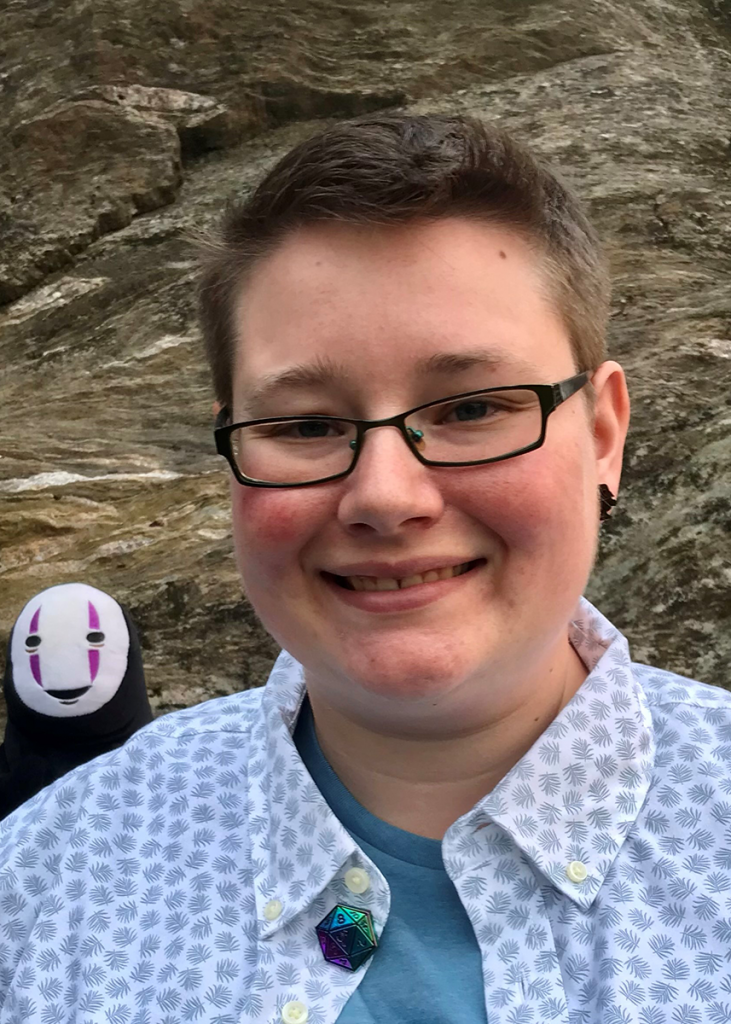
Simone Arnold, MC, QMHP (they/them) Adult Outpatient Therapist LCMHS
Simone Arnold is currently employed as an adult outpatient therapist through Lamoille County Mental Health Services (LCMHS) in Vermont working with a wide range of clients.
They obtained their BA in Psychology from the University of Rochester and earned their MA in Clinical Mental Health Counseling through Southern New Hampshire University.
Simone spent three years working on the LCMHS Mobile Crisis Team referring clients to CAMS as hospital diversion before working as a therapist providing CAMS therapy to clients as needed.
Simone has also worked for other designated agencies in the state of Vermont and interned at the Mt. Hope Family Center in Rochester, NY with youth who had social and emotional needs.
2021 Presentation
Suicide Risk Screening and Management of Patients Who Screen Positive:
From Research to Practice
Healthcare providers can be partners in suicide prevention. This workshop will focus on screening and feasibly managing patients at risk for suicide without overtaxing medical settings.
Presentation Summary:
Over a quarter of all youth deaths and a fifth of all adult deaths in the US are attributable to suicide, a preventable outcome. The majority of those who die by suicide visit a healthcare provider in the months before their death, uniquely positioning healthcare providers to identify those at risk and bridge them to mental health care. However, most healthcare providers do not have effective tools or the training needed to detect and manage patients at risk for suicide. There are many challenges to implementing a suicide risk screening program, such as time, stigma, and most recently the COVID-19 pandemic; yet there are now feasible ways to identify patients at risk for suicide and manage their care without overburdening practice workflows. Using evidence-based suicide risk screening clinical pathways, we can eliminate barriers and make suicide risk screening programs effective and efficient. Evidence based tools for providers and real world examples of successful ways in which healthcare providers could be partners in suicide prevention will be presented. In addition, a clinician working in an outpatient mental health setting as a part of a designated agency in Vermont will share examples of how they have gone about implementing evidence-based practices.
